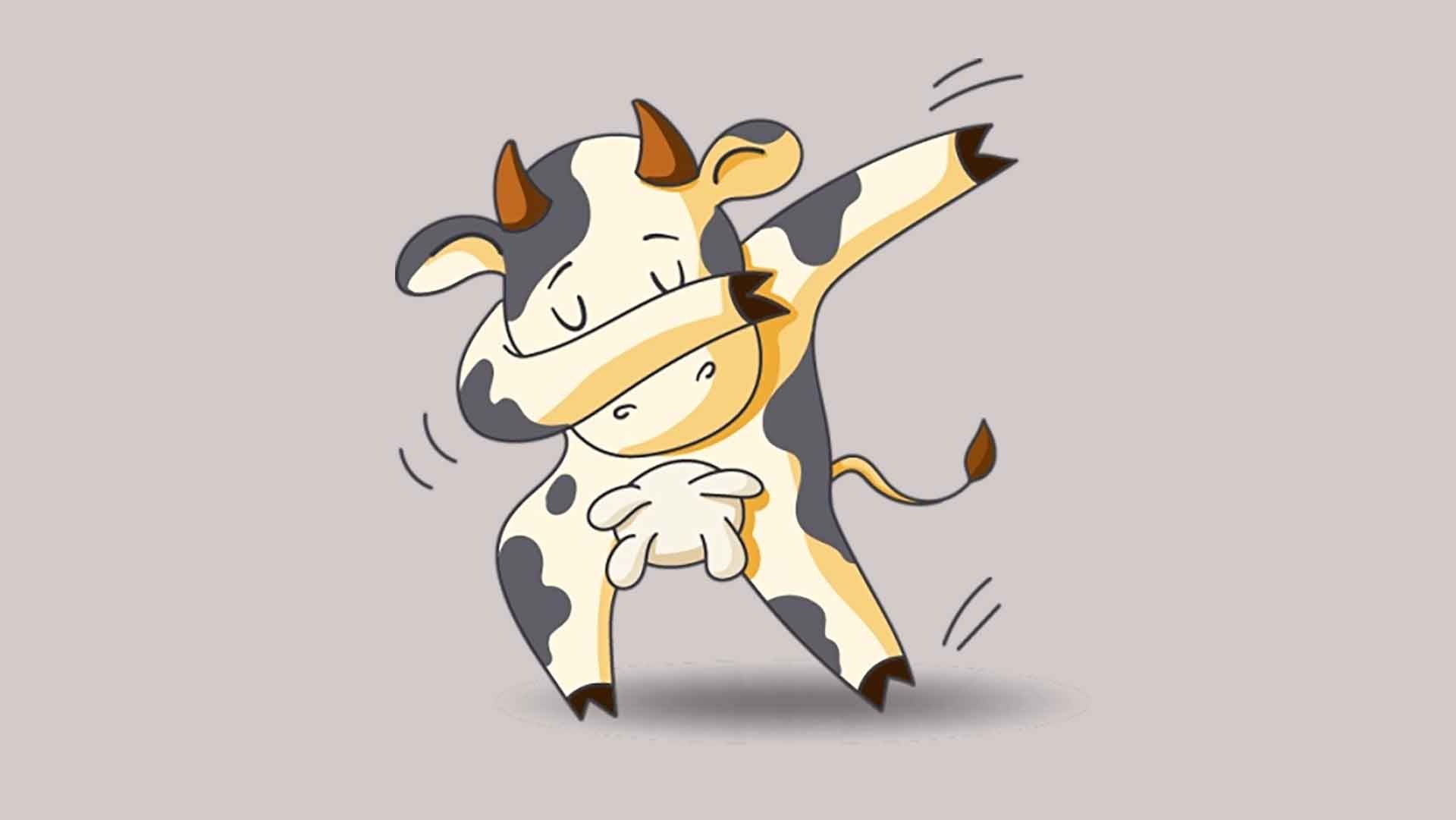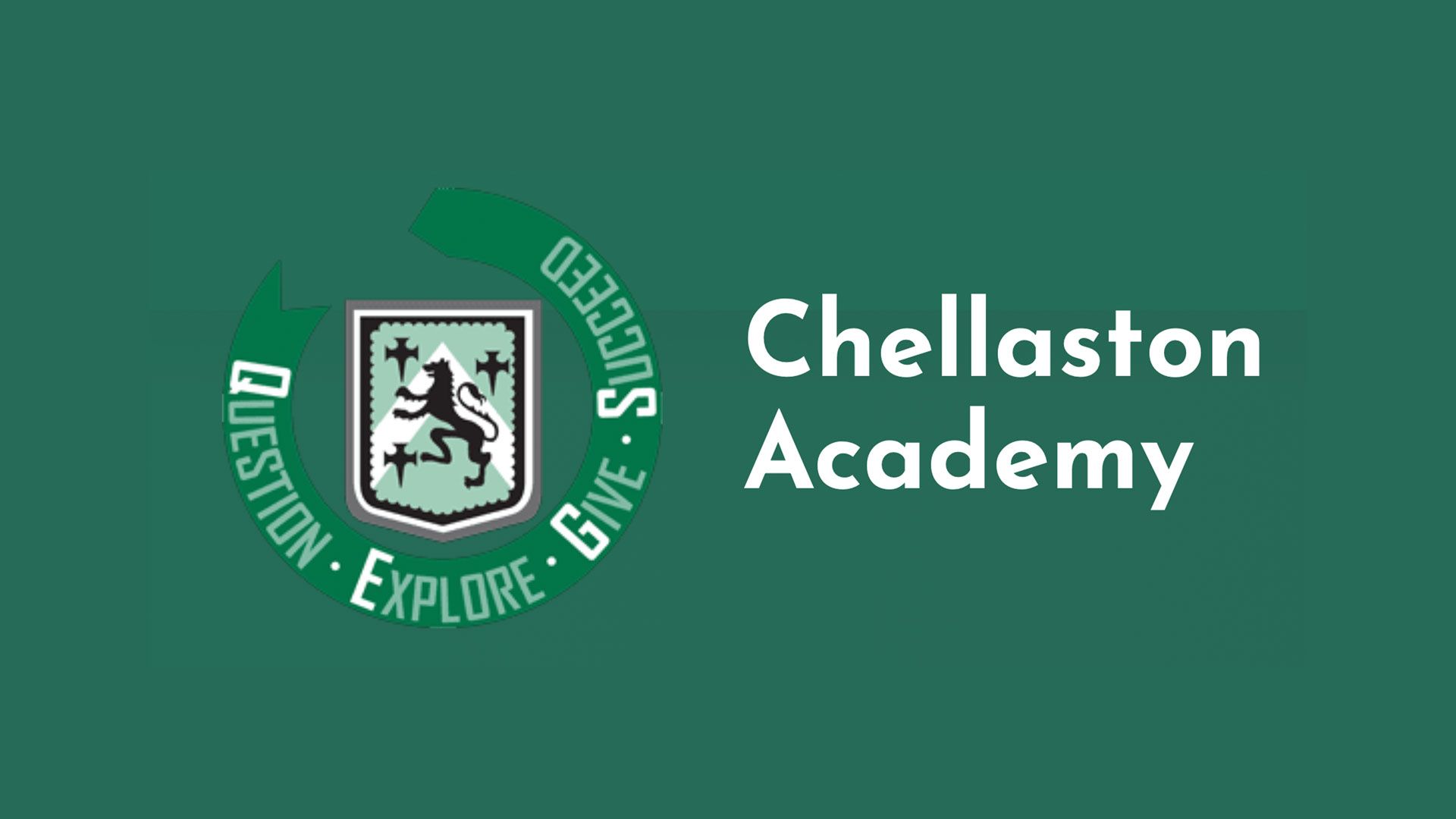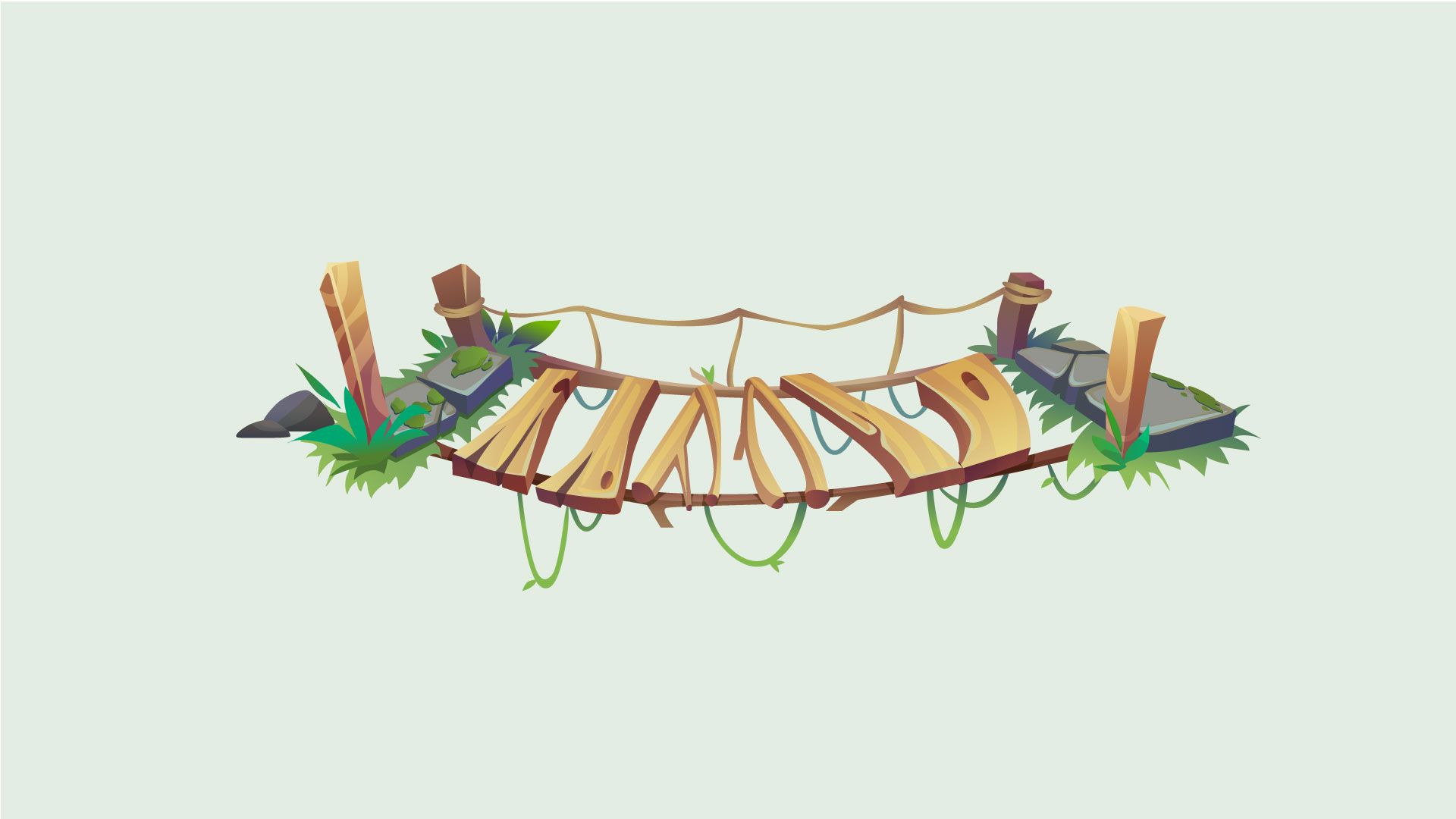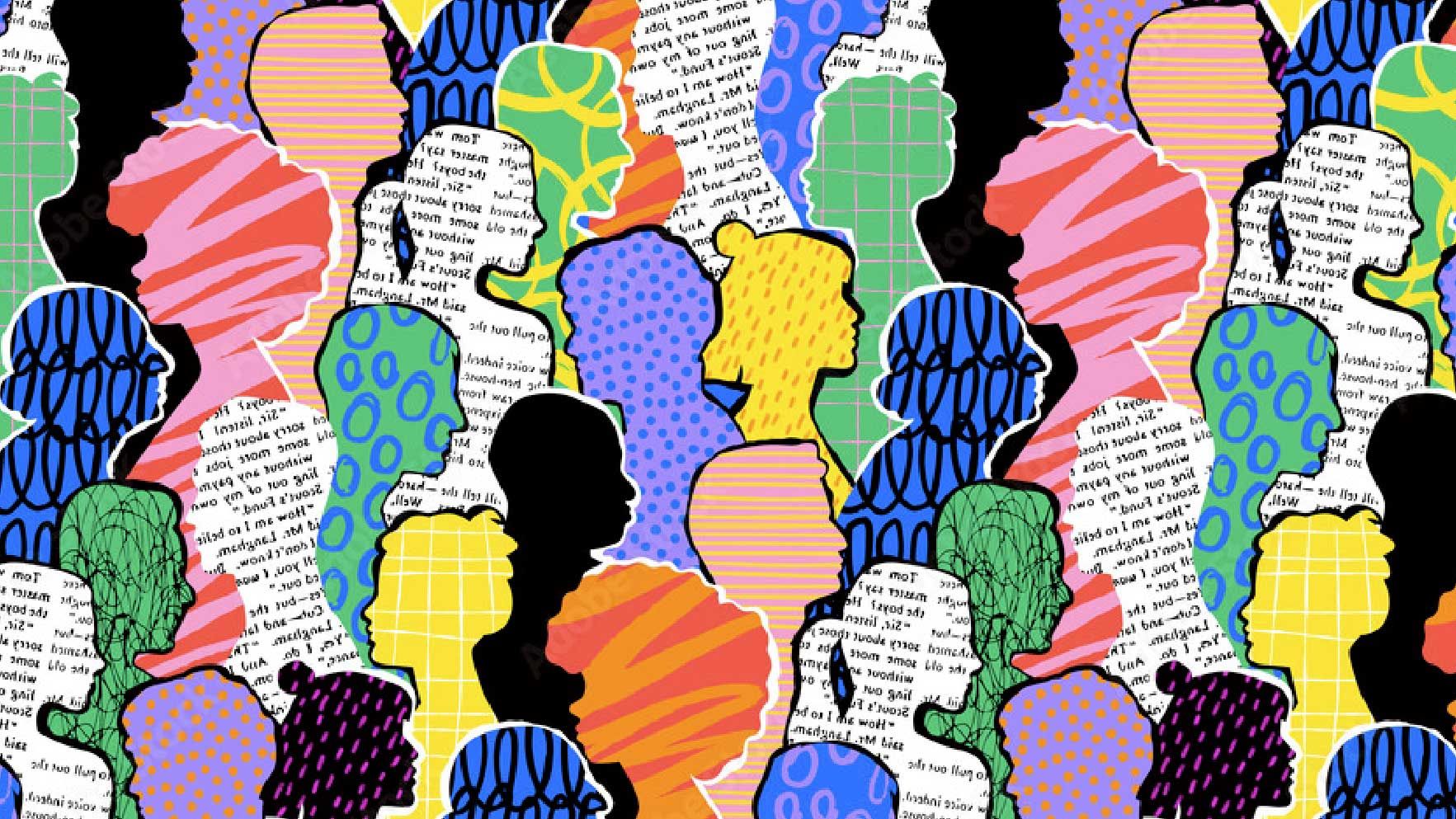How can you create an environment in the classroom where young people can truly be themselves?

Who was your favourite teacher in school, and why?
Mine was Mr Pickett. Why? Because he cared, he saw me; he saw all of us. He called us by our names and challenged us when we were wrong. He didn’t have favourites.
I’ll never forget the first day Mr Pickett entered the drama classroom in high school. He was diminutive in stature, but he commanded the room, helped by the fact he actually stood on a desk on arrival. He carried a leather briefcase and announced: ‘Pickett’s the name, teaching’s the game, have chalk will travel’.
He had our attention. Then he got to know us.
He set us an easy homework task: Prepare a talk that tells us something about you - anything. When it came to the day to share our talks, though, everything changed. We heard each other properly for the first time, including:
- How living through your parents’ divorce isn’t any easier when you get good grades.
- What it’s like when you’re exhausted from turning up to school as the class clown every day after going home each night to help look after your Dad, who is HIV positive.
- How one child’s house had been broken into, and they had lain in bed holding their breath whilst an intruder moved around their bedroom.
- How one of the ‘popular’ kids felt they had never really fitted in
We got to know each other so much more that day. We felt closer. We felt safe. We felt heard. We put on some great plays together that year. We had fun. We argued. We grew.
Some of us went on to do performance at university and in work. Some of us didn’t. However, many of us remained friends and stayed in touch with Mr Pickett.
Creating an environment in the classroom where young people can truly be themselves
So how do you create an environment like Mr Pickett’s, helping children and young people build better relationships and understand each other on a deeper level?
Start by sharing something about yourself your class wouldn’t expect from you. If you are under the misapprehension that these kids aren’t interested in you, trust me, you’re wrong. You are judged and torn apart regularly based on what you wear, how you speak, and the language you use.
Allow them to see past the front cover.
Now you have made yourself vulnerable, give them the opportunity to share something about themselves that others wouldn’t expect to know. Make the rules of sharing clear - i.e. when it’s not your turn to talk; you’re listening.
Why is this type of environment important?
We want to contribute and participate when we’re heard and seen, as our existence has meaning. I watched and listened to Pink Floyd’s ‘Another Brick in the Wall’ this week and was shocked by how relevant it still feels today, 43 years later.
We are in danger of losing a generation to results-focused, OFSTED-driven ‘sausage factories’, creating bratwursts that don’t feel empowered and struggle to think for themselves.
So it’s more important than ever that we give children the space to explore who they are and connect with those around them. By doing so, we’ll enable them to enter adulthood with skills that empower them, both in the workplace and in life.
If you’d like support to help your pupils build positive relationships and communicate in a meaningful way, why not take a look at our Getting On workshop for KS3 or our Practically Positive Relationships workshop for KS1/KS2? Alternatively, get in touch, and we can create a bespoke session that meets your needs.
More














